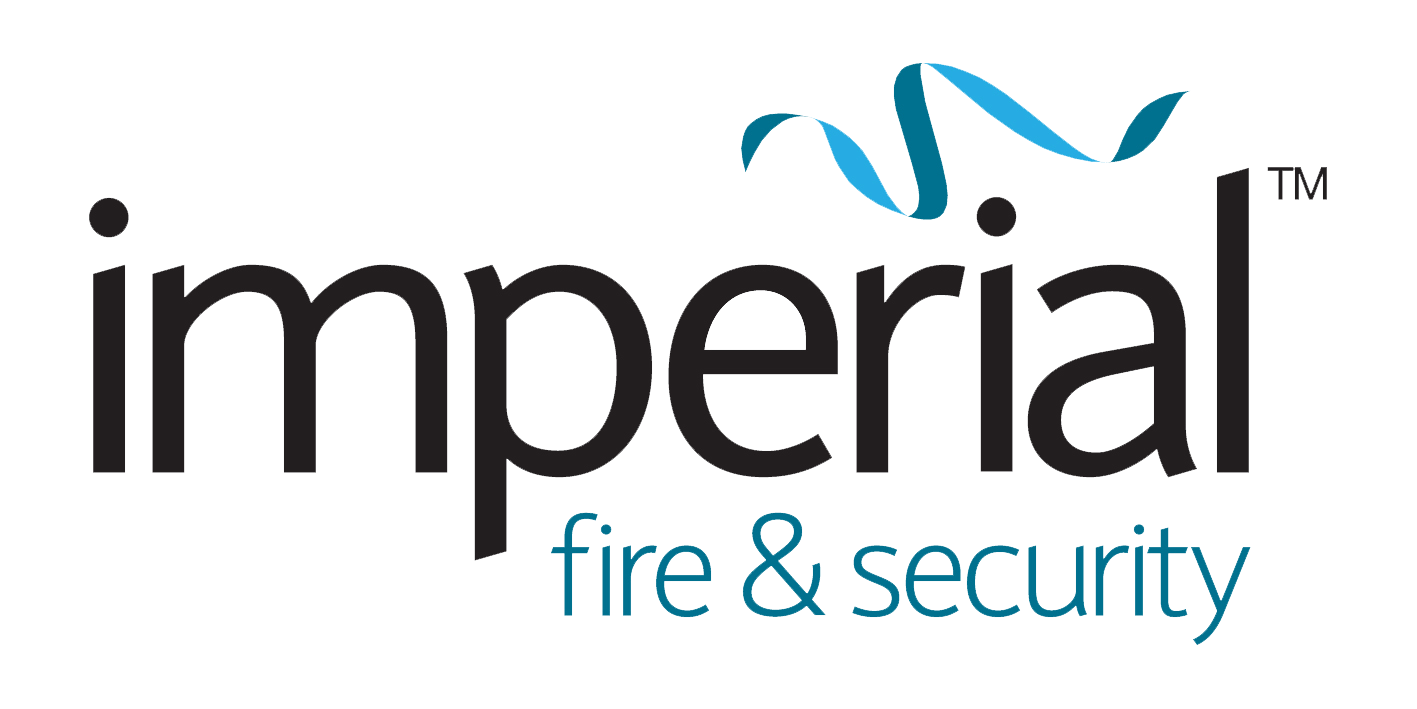Support & Preventative
Maintenance
0117 9777 553
let us help you look after your investment, safety and security with our highly skilled service and support team, even out of hours call out’s, 24/7.
Imperial Fire & Security has a wide range of maintenance options which are designed to meet your needs, annual, bi-annual. Even if you have specific requirements we can tailor a bespoke maintenance package for you.
Any automated intruder alarm systems with a valid URN number that summon a police response are required to have two maintenance visits per year to minimise the risk of false alarms and unnecessary callouts. Many people see system maintenance as non-essential and just another costs to pay. However, you should look at it as an investment that will pay dividends in a worst-case scenario. As it may just save a life or your assets.
If your current provider is not meeting your requirements or you simply shopping around for an alternative, it is worth noting that we are able take over maintenance contracts for products and services that have not been originally installed or provided by us.
Our Maintenance Services
How often should i have my fire alarm maintained?
For fire detection and alarm systems it is recommended a service by a competent provider is carried out every 6 months to comply with BS 5839-1 (the British Standard for fire detection and fire alarm systems for buildings in non-domestic premises). BS 5839-1 outlines multiple recommendations for inspecting and testing these systems that all BAFE SP203-1 Registered Organisations will be following.
The British Standard (BS 5839-1) states “It is essential that the system is subject to periodic inspection and servicing so that faults are identified, preventive measures can be taken to ensure the continued reliability of the system, false alarm problems are identified and suitably addressed, and the user is made aware of any changes to the building that affect the protection afforded by the system.” – BS 5839-1 Clause 45.1 (Commentary – Inspection and servicing).
“Periodic inspection and servicing needs to be carried out by a competent person with specialist knowledge of fire detection and fire alarm systems, including knowledge of the causes of false alarms, sufficient information regarding the system, and adequate access to spares.
Failure to include routine, planned maintenance of the fire alarm system by competent persons may lead to liability arising under workplace regulations and insurance.
In the event of injury to employees, if such injury could have been prevented had the fire alarm system been in full working order. In addition to this Maintenance provides a number of benefits to the end-user:
- It enables the system to be interrogated by skilled personnel, and adjustments / maintenance tasks carried out to minimise the potential for false alarms.
- It ensures that the system is “used” on a regular basis, hence increasing site staff awareness of the system and its operation.
- It provides access to our emergency call-out service, which out-of-hours is only available to customers holding a maintenance contract.
- It ensures preferential rates are provided for any additional works.
- It provides a guaranteed response to faults.
Fire Suppression Regular servicing and maintenance is critical to the longevity of suppression systems to ensure that all components are free from wear or damage. You can expect a survive to typically consist of the following:
- Check containers are free from mechanical damage, corrosion and tampering, and are fitted with appropriate instruction plates.
- Check pressure gauges to ensure fill is correct, and check the dates of each cylinder to ensure they are not more than 10 years old (Where gauges are not fitted – weigh or liquid level check the cylinders).
- Carry out checks on all power supplies and battery chargers, ensuring that they are free from damage, and are in good health
- Carry out checks at all control panels and repeated panels
- Carry out checks on all field operating devices (Check all detectors and alarm devices for correct operation and there is no damaged or signs of tampering, and record in the log book which devices have been tested).
- Any storage encroaches within 300mm of ceilings
- A clear space of 500mm is maintained below each automatic fire detector
- Any changes to the use of areas which would make the existing types of fire detector unsuitable, Any new / relocated partitions have been erected within 500mm of any automatic fire detector
- Check that any solenoids / actuators are not ‘active’
Portable Fire Extinguishers Portable fire extinguishers are a safety provision that can be undervalued at times, but would be one of the first things you would look for if a small, manageable fire broke out in your building.
It is a legal requirement for all non-domestic/commercial properties to (where appropriate) equip the building with appropriate fire-fighting equipment (e.g. portable fire extinguishers). It is also part of these requirements to ensure they are maintained appropriately, ready to use in the event of a fire.
As the person or team appointed responsible for fire safety in your building (Responsible Person/Duty Holder), it is important to demonstrate you have acted with due diligence to source a quality provider for these works. BAFE strongly recommends using an appropriately Third Party Certificated provider.
Emergency lighting could be seen as one of the most important systems put in place to protect people in your property.
It is a requirement to have an adequate emergency lighting system in both commercial and residential developments, specifically covering areas such as escape routes, high-risk areas, signage and fire safety equipment. if it fails to operate correctly it could leave you in the dark. In the event of a power cut, the emergency lighting is designed to automatically illuminate ensuring these at-risk areas are well illuminated allowing evacuation of the building.
Keeping the building occupants safe is obviously a high priority, so in an emergency, we make sure that you have an emergency lighting system that will not fail by regularly maintaining your systems in compliance with BAFE SP 203-4 and recommendations of BS 5266-1.
It is recommended within BS8629 and BAFE SP207 that your Evac alert system be maintained by an approved service provider on a annual basis, this can be broken down into bi-annual or quarterly visits, provided the complete system has been serviced within or at the end of that 12 month period.
It is also noted that weekly visual inspections should be carried out to the secure enclosure of the control equipment for any signs of tampering or damage by a nominated and competent person, be that a fire marshal/ building management etc.
Unlike fire alarm audibility requirements for servicing where in some cases access is required to rooms/areas that are at time unavailable, Evac alert systems it is acceptable to carry out a quick check from outside of the apartment/room without requiring access to confirm that the alarm device within is active during the test, only in the event of a fault or the service engineer not being able to confirm operation of the alarm device would access probably be required.
Also a benefit with evac alert systems is the ability to test areas (depending on the commissioning programming and loop configuration) individually, removing the need to activate every alarm device on the system, this allows for more flexibility when servicing bi-annually or otherwise.
As with any electrical system, door access control system, intercom or barriers etc requires ongoing maintenance and annual checks to ensure good working order. As a cost-effective measure, it’s high recommended that regular maintenance be carried out to ensure the access control systems working at the optimum level throughout its lifecycle, this will help reduce call-outs and emergency repairs which may increase costs. It is recommended that access control systems be maintained during or before the twelfth month (annually).
The service would include:
- Checking electricity power supplies
- Checking any batteries that are used
- Correct operation of software and any ancillary components
- Ensuring all the different physical parts of the system, card readers, magnetic locking devices etc are in good working order
- Analysis of Performance
- Checking the network connections and any I.T controlled parts of the system are working and updated
- A summary report of any potential issues/faults found that will impact the operation of your access control system in the near future.
Any faults which are not rectified during the preventative maintenance visit must be completed as soon as practicable.
CCTV maintenance is essential for any business or organisation to ensure their CCTV system is functioning as intended. Our services are designed so that your business is not in a vulnerable position due to inactive, ineffective, or un-operational CCTV.
Without routine, preventative maintenance, your CCTV system is far more likely to develop faults or, worse still, fail completely. If CCTV monitors are not manned you may not even be aware a problem be it a loss of image from a camera, storage failure of an NVR or worse.
The risk of any business or premises being breached, vandalised and assets stolen is high enough as it is, but without routine checks and a maintenance service for your CCTV system the costs associated with this are potentially huge, and will always be more the cost of CCTV maintenance itself.
CCTV maintenance services should encompass all CCTV components to ensure all aspects of your CCTV are working as intended and it is highly recommended this be carried out by a qualified service provider regardless if they provided the system initially or not.
These include but are not limit too:
- Cameras (visual signs of damage, wear, degradation or tampering also securely fixed to mountings/supports/columns)
- Correct operation of any Pan/Tilt and zoom functions (where applicable)
- Local network connections or wiring
- Correct operation of local PSU’s or Network POE injectors
- Correct operation of any ancillary control equipment (joy stick. keyboard and mouse)
- Recording equipment for optimal operation (checking storage and where applicable any secure enclosure the equipment may be situated within)
- Correct operation of any back up power supply (UPS)
- Where the system remotely, correct operation of remote controls, image and sound transmission etc.
- In instances where the CCTV system is interfaced with and alarm system or other equipment, correct operation/connections should be checked.
- All monitors are showing a clear picture with not obstructions or image quality issues.
- All footage is time and sate stamps correctly
- Correct storage of images, stored for the appropriate amount of time
Intruder alarms play a vital role in protecting internal and external assets from potential theft, vandalism and even trespass. In addition to design, installation and commissioning of intruder alarm systems we are experienced in maintaining 1000’s of intruder alarm systems from domestic, commercial and even panic alarms.
Regular maintenance and servicing is vital in order to ensure effective operation of your intruder alarm system, it is highly recommended and in many cases a requirement of some insurance providers that any scheduled maintenance be carried out using an accredited and certified professional, the safety of your assets and coverage could be compromised.
The benefits of scheduled and preventative maintenance far outweigh the implications and costs of faulty equipment or even worse a failure of the system.
In most cases having your intruder alarm maintained by an accredited and certified professional can extend the life cycle of the system but replacing aging batteries, checking interconnections and assessing that the current system is still fit for purpose.
Intruder alarm systems with remote monitoring with police response are required to have their systems maintained so to reduce false alarms at part of the conditions of having police response.
ref: NCP:120 / PD6662 / BS EN 50131

